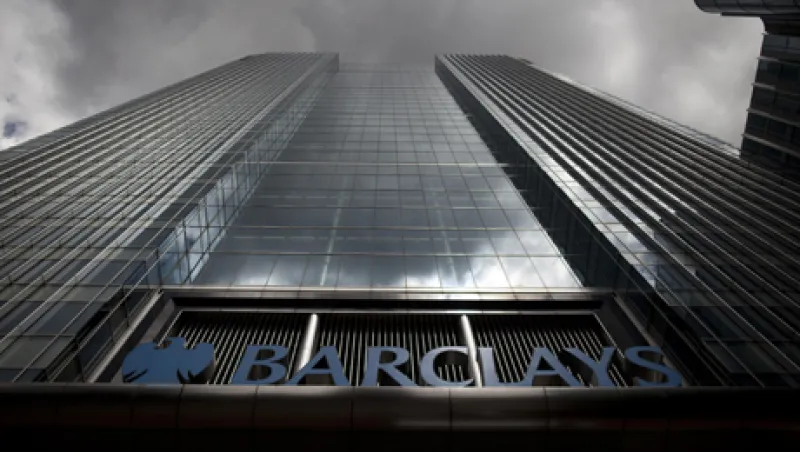
Barclays’ Self-Analysis: More Than a Political Exercise?
Libor fallout unlikely to be stemmed by the bank’s “independent business practices review” led by Rothschild vice-chairman.
Neil Sen
July 27, 2012


